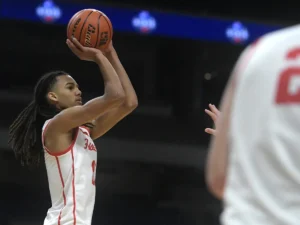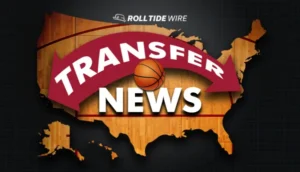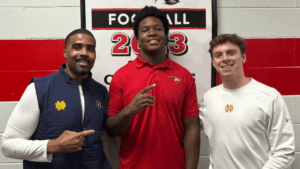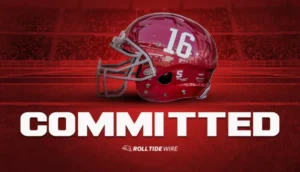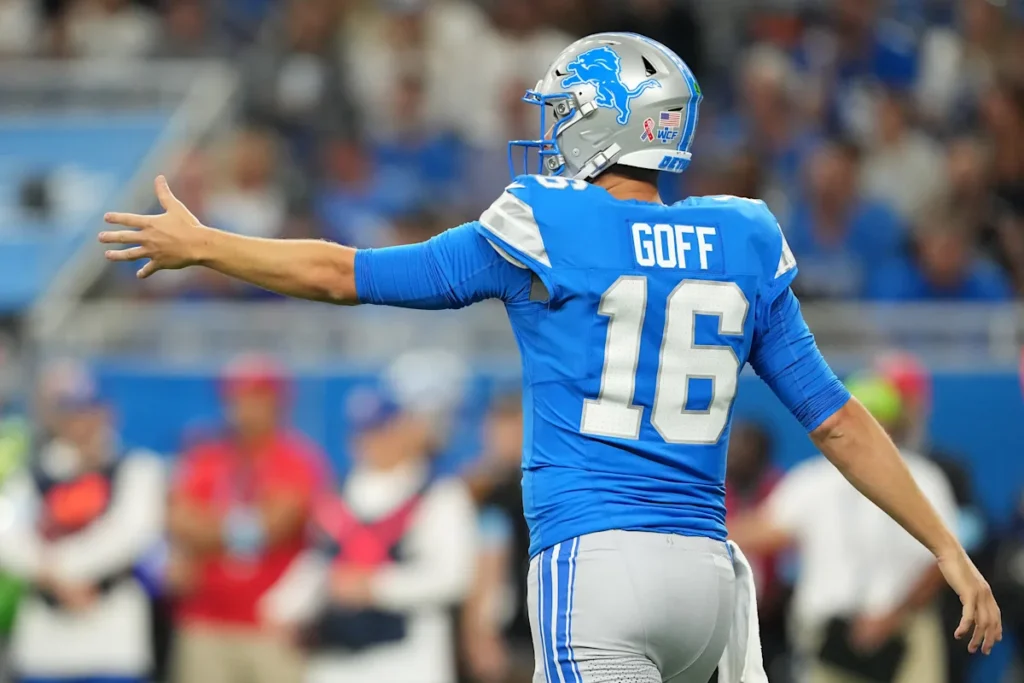
The Detroit Lions lose to the Tampa Bay Buccaneers because of their first-half errors.
In the world of the NFL, games are often decided in the most crucial of moments, and sometimes, those moments come early in the game. For the Detroit Lions, their matchup against the Tampa Bay Buccaneers proved to be one such instance. Despite a second-half effort to rebound, the Lions found themselves unable to overcome the damage done by a series of first-half mistakes. Their errors ultimately led to a disappointing loss, with the final score heavily shaped by their early missteps. This game is a perfect example of how one team can hand the victory to another in a few short, but crucial, moments.
The Detroit Lions entered the game with high hopes and a solid season record, aiming to prove themselves as a legitimate playoff contender in the NFC. They faced off against a Tampa Bay Buccaneers team that had been struggling to find consistency, especially on offense. Yet, despite the Bucs’ overall issues, the Lions managed to shoot themselves in the foot, giving Tampa Bay opportunities that they were quick to capitalize on. Let’s break down the first-half errors that defined the game and how they led to the Lions’ eventual downfall.
From the opening whistle, the Lions looked out of sync. Their offense, which had been so explosive in recent games, seemed to struggle with timing and execution. Quarterback Jared Goff, typically known for his calm demeanor and sharp decision-making, appeared rattled in the early moments of the game. Several key players on the offense committed uncharacteristic errors that set the tone for what would become a disastrous first half.
The first-quarter struggles were apparent when the Lions’ offense quickly went three-and-out on their opening possession. Goff’s passes were off target, and his receivers couldn’t get separation from the Buccaneers’ secondary. Tampa Bay, on the other hand, seemed to have a well-balanced attack, capitalizing on the momentum of a solid defensive stop. They took the ball and marched down the field, with Baker Mayfield, the Bucs’ quarterback, orchestrating a smooth drive that culminated in a touchdown.
The Lions were already playing from behind, and things were only going to get worse in the subsequent drives.
One of the most destructive aspects of the Lions’ first-half play was their inability to hold onto the football. Turnovers in the NFL are always pivotal, and the Lions were no exception to this rule. On their second possession of the game, with the Lions attempting to move the ball downfield after falling behind, Goff attempted a risky throw over the middle to his tight end. Unfortunately for the Lions, the pass was slightly behind the receiver and was intercepted by Bucs’ safety Antoine Winfield Jr. This turnover not only halted the Lions’ momentum but also handed Tampa Bay excellent field position.
The Buccaneers didn’t waste the opportunity, quickly capitalizing on the interception. Mayfield led the offense down the field with precision passing, and the drive ended with another touchdown. In a matter of minutes, the Lions found themselves down by two scores, a situation that made their uphill battle even more difficult.
What made the turnover particularly damaging was the lack of discipline displayed by the Lions. Goff, a seasoned quarterback, should have known better than to force that throw into traffic, especially with the game still in its early stages. The error was a direct result of poor decision-making and a lack of focus that plagued the Lions’ offense.
While the offense and defense are often the primary focuses of a football game, special teams can also play a critical role in shifting the momentum. Unfortunately for Detroit, their special teams unit contributed to the problems that plagued them in the first half. A botched punt return in the second quarter allowed Tampa Bay to recover the ball deep in Lions territory. The mistake was a culmination of poor communication and lack of focus on an area that is often overlooked but can have a significant impact on the game’s flow.
The Buccaneers took full advantage of the short field, and just a few plays later, they were in the end zone once again. The Lions’ failure to execute on special teams only compounded their struggles, putting more pressure on their defense and pushing the offense into a desperate situation.
The Lions’ defense, while generally strong throughout the season, struggled mightily during the first half of this game. Even when they were able to put pressure on Baker Mayfield, they failed to capitalize on critical moments. Mayfield, who was under duress for much of the game, was able to escape the pocket on multiple occasions, extending plays and finding open receivers down the field. This allowed the Buccaneers to sustain drives and put up points despite not always executing perfectly.
What was particularly frustrating for the Lions was their inability to stop the run. The Buccaneers managed to establish a modest yet effective rushing attack, which allowed them to control the clock and keep the Detroit offense off the field. Rachaad White, the Bucs’ running back, was able to chip away at the Lions’ defense, forcing them to respect the ground game, which opened up play-action passing for Mayfield. The Lions’ defensive line, usually a strength, couldn’t penetrate the Bucs’ offensive front consistently, allowing Tampa Bay to dictate the pace of the game.
Throughout the first half, the Lions had moments where they could have seized the momentum, but they simply couldn’t execute when it mattered most. The most glaring example came late in the second quarter, when Detroit had a chance to respond after the Buccaneers’ third touchdown. The Lions had driven deep into Bucs’ territory, but a failed fourth-down attempt inside the Tampa Bay 30-yard line left the Lions with nothing to show for a promising drive.
The decision to go for it on fourth down was not necessarily a poor one, but the execution was lacking. Goff’s pass attempt to his wide receiver was off target, and the Buccaneers defense was able to make a critical stop. This failure to convert in the red zone was emblematic of the Lions’ issues all half long – they were simply unable to finish their drives, leaving them with little chance of mounting a successful comeback.
By the time the first half came to a close, the Detroit Lions found themselves trailing by three touchdowns. The Buccaneers, by contrast, had executed their game plan to near perfection, taking advantage of every mistake the Lions made. While the second half would see a much more competitive effort from Detroit, the damage was already done. The Lions would need to play nearly flawless football in the second half to have any hope of pulling off a comeback, and even then, their chances were slim.
When the second half began, the Lions came out with renewed energy and determination. The offense, which had been stifled in the first half, began to find rhythm. Goff started to hit his targets more accurately, and the running game – led by Jahmyr Gibbs – began to find success. Detroit managed to score two touchdowns in the second half, cutting the deficit to a manageable point. However, by the time they had found their groove, the Buccaneers were already well in control, and their defense bent but did not break.
Tampa Bay also made adjustments, primarily focusing on controlling the clock and limiting Detroit’s opportunities. With a solid running game and smart passing decisions by Mayfield, the Buccaneers kept the Lions’ offense off the field for long stretches, making it difficult for Detroit to close the gap.
When the final whistle blew, the scoreline reflected a hard-fought but ultimately disappointing game for the Detroit Lions. Their first-half errors were simply too much to overcome, and despite a strong second-half push, they fell short. The final score was a clear indicator that the Lions had handed the game to the Buccaneers with their unforced errors, lack of discipline, and inability to capitalize on critical moments.
The loss was a painful one for Detroit, not just because of the defeat itself but because of how avoidable it seemed. With better execution, fewer turnovers, and more focus, the Lions could have easily turned the tide in their favor. However, as is often the case in football, the team that makes the fewest mistakes tends to come out on top, and on this day, that was the Tampa Bay Buccaneers. For Detroit, the loss serves as a harsh reminder of how costly early errors can be in a game where every possession matters.
Looking forward, the Lions will need to correct these issues if they want to compete with the best teams in the league. The second half showed what they are capable of when they play their best football, but they must learn from their mistakes and ensure they come out sharper in the future. As for the Buccaneers, the victory will give them a much-needed boost as they aim to find consistency and build momentum in their own season.
